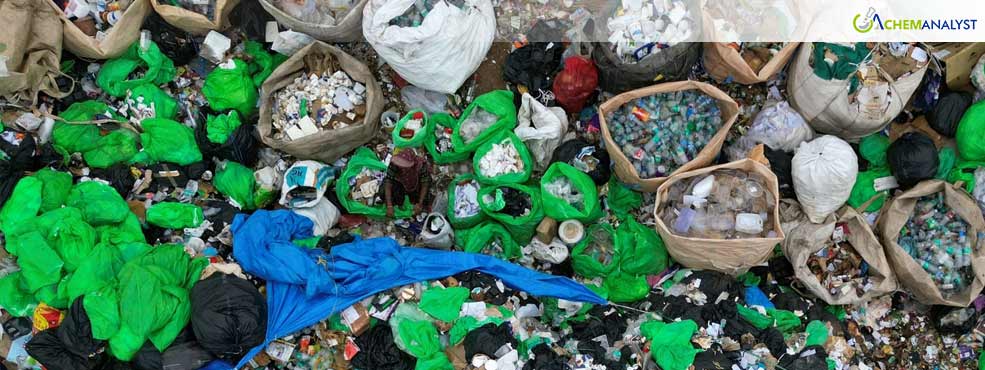Welcome To ChemAnalyst

Negotiations aimed at establishing a binding global treaty to combat plastic pollution ended in failure on Monday, with over 100 countries advocating for caps on plastic production, while a coalition of petrochemical-producing nations, led by Saudi Arabia, resisted efforts to address the root cause of the crisis. The fifth U.N. Intergovernmental Negotiating Committee (INC-5) meeting in Busan, South Korea, was expected to finalize an agreement, but deep divisions over key issues left negotiators unable to reconcile their differences, leading to the postponement of critical decisions.
The most contentious issue at the heart of the discussions was whether to include a global reduction target for plastic production. A proposal backed by Panama and more than 100 other nations called for a gradual reduction in plastic production, arguing that without addressing the supply side, efforts to manage waste and mitigate pollution would be insufficient. However, this proposal faced strong opposition from petrochemical-rich countries, including Saudi Arabia, the United States, China, and India, who insisted that the focus should be placed solely on managing plastic waste rather than constraining production. These nations, the largest producers of plastic and petrochemicals, sought to avoid any measures that might disrupt their lucrative industries.
The meeting’s failure to reach an agreement underscores the profound challenges in negotiating a global response to plastic pollution, which is projected to triple by 2050, with dire consequences for ecosystems and human health. The impact of plastic waste is becoming increasingly evident, as microplastics have been found in everything from the air and drinking water to food and even human breast milk. Chemicals linked to plastic production, including over 3,200 substances identified by the U.N. Environment Programme in 2023, pose risks to vulnerable populations, such as women and children, who are more susceptible to their toxic effects.
Another significant sticking point during the talks was the issue of financing, with developing nations demanding greater financial support to help them implement the treaty’s provisions. Many of these countries, which are particularly vulnerable to the effects of plastic pollution, have been calling for a robust financial framework to assist with the transition to more sustainable plastic management practices.
Inger Andersen, Executive Director of the U.N. Environment Programme, acknowledged the difficulties in finding common ground. "It is clear that there is still persisting divergence," she said, underscoring the growing frustration among negotiators.
The failure to reach consensus at INC-5 represents a major setback in efforts to curb plastic pollution. With the postponement of key decisions, negotiations will continue under the banner of INC 5.2, but the stakes have only grown higher. As negotiators prepare to reconvene, there are fears that the political influence of major petrochemical producers may continue to delay meaningful progress. For countries already grappling with the devastating effects of plastic pollution, the urgency for a global solution has never been more pressing. As Panama’s Juan Carlos Monterrey Gomez noted, "Every day of delay is a day against humanity."
We use cookies to deliver the best possible experience on our website. To learn more, visit our Privacy Policy. By continuing to use this site or by closing this box, you consent to our use of cookies. More info.
